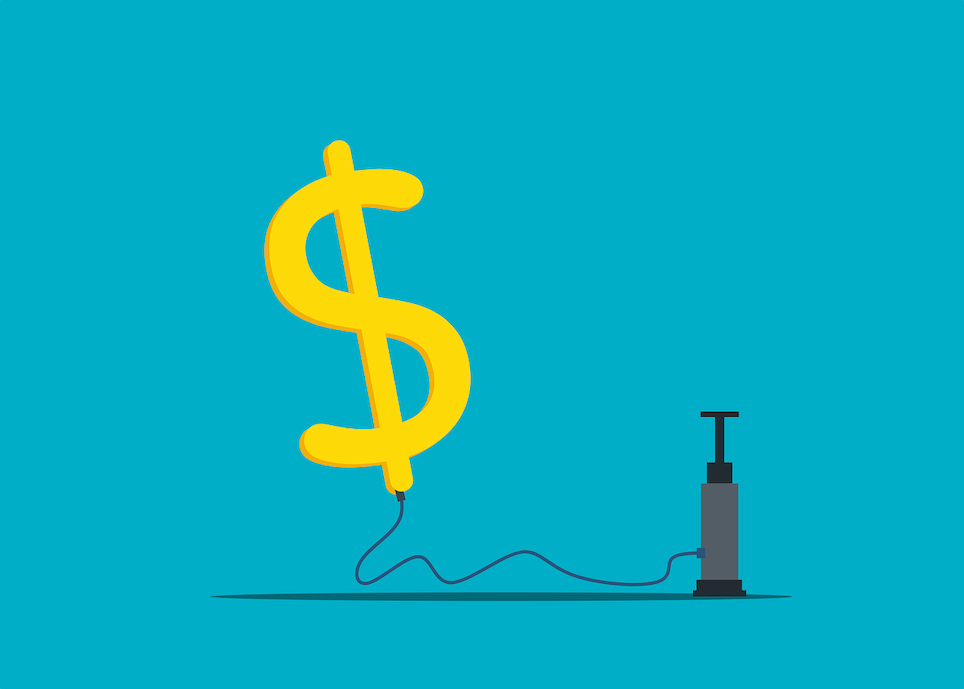Is Inflation Here to Stay? Bird Offers a Closer Look in New Paper

For many people inflation was just something they read about in economics textbooks or heard about from their parents or grandparents who lived through the 1970s. When Gerald Ford assumed the U.S. presidency in 1974, he was confronted with an inflation rate of 12 percent and described inflation as “public enemy number one.” He stressed the need to ‘Whip Inflation Now” to the American public.
With prices rising rapidly since last year, many opinion polls reveal that inflation has once again become the issue that people are most concerned about. Trips to the gas station or the local food store have become progressively more depressing. Suddenly money does not buy what it used to. The cost of living is rising at an alarming rate and for many people their standard of living is falling.
But why has inflation accelerated so quickly? What’s going on?
In a recent article “Fears of Inflation: What’s Going On?” published in the journal World Economics, Graham Bird, professor in the Department of Economic Sciences and co-director of the Claremont Institute for Economic Policy Studies, offers a forensic analysis.
He examines previous historical episodes of inflation and the lessons that may have been learned from them. He presents global data to show the similarities and dissimilarities across countries. In addition, he opens up the economics toolkit to examine the theories that have been assembled over the years to help explain inflation and examines their relevance to the current situation.
Applying the economics toolkit to the world’s current inflationary troubles
There are a number of factors at work. These affect both the supply side (for example, supply chain issues or labor market participation) and the demand side (fiscal expansion, but monetary expansion not so much). Bird points out that while the big question is clear and straightforward–will accelerating inflation be transitory or permanent?– the answer is far from straightforward.
In standard economics fashion Bird points out that “the future course of inflation depends on a range of factors that are themselves uncertain and unpredictable.”
Bird also argues that it depends on the extent to which people begin to expect inflation at something close to its current rate.
“The snag is that once inflation is expected, people take actions that can then generate the very inflation they expect. Wage price spirals can get established. And once inflation gets locked in, it is difficult to escape’” he explains.
In his new paper he points out that the last time advanced economies had a serious bout of inflation sickness was 50 years ago. It took an unpleasant dose of monetary medicine to cure it. Today’s danger is that, having just begun to recover from the effects of the COVID 19 pandemic, a similar prescription could bring the recovery to an abrupt end.
We must hope that policymakers get the treatment right this time.
- Learn more about the Department of Economics at CGU
- Learn more about the Claremont Institute for Economic Policy Studies